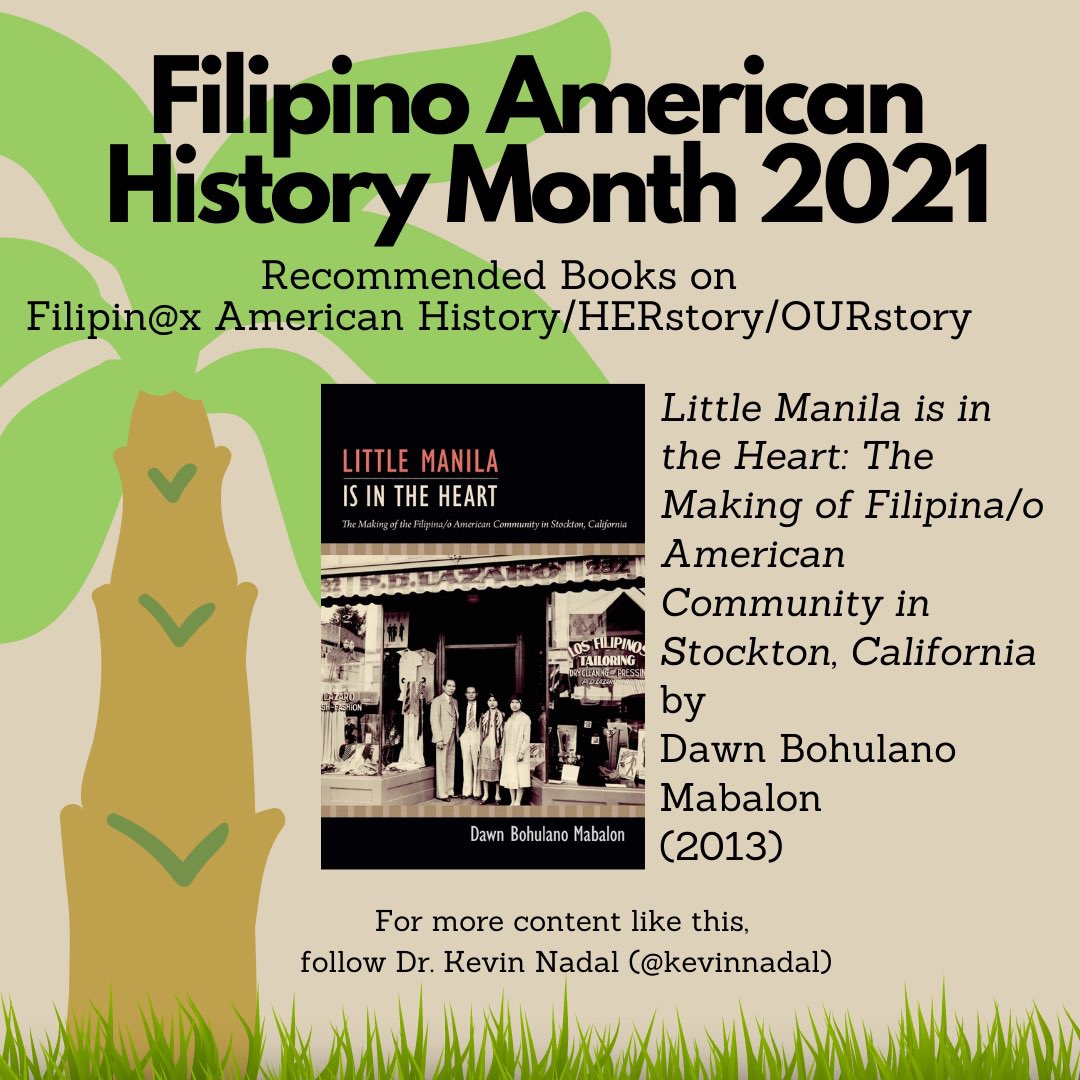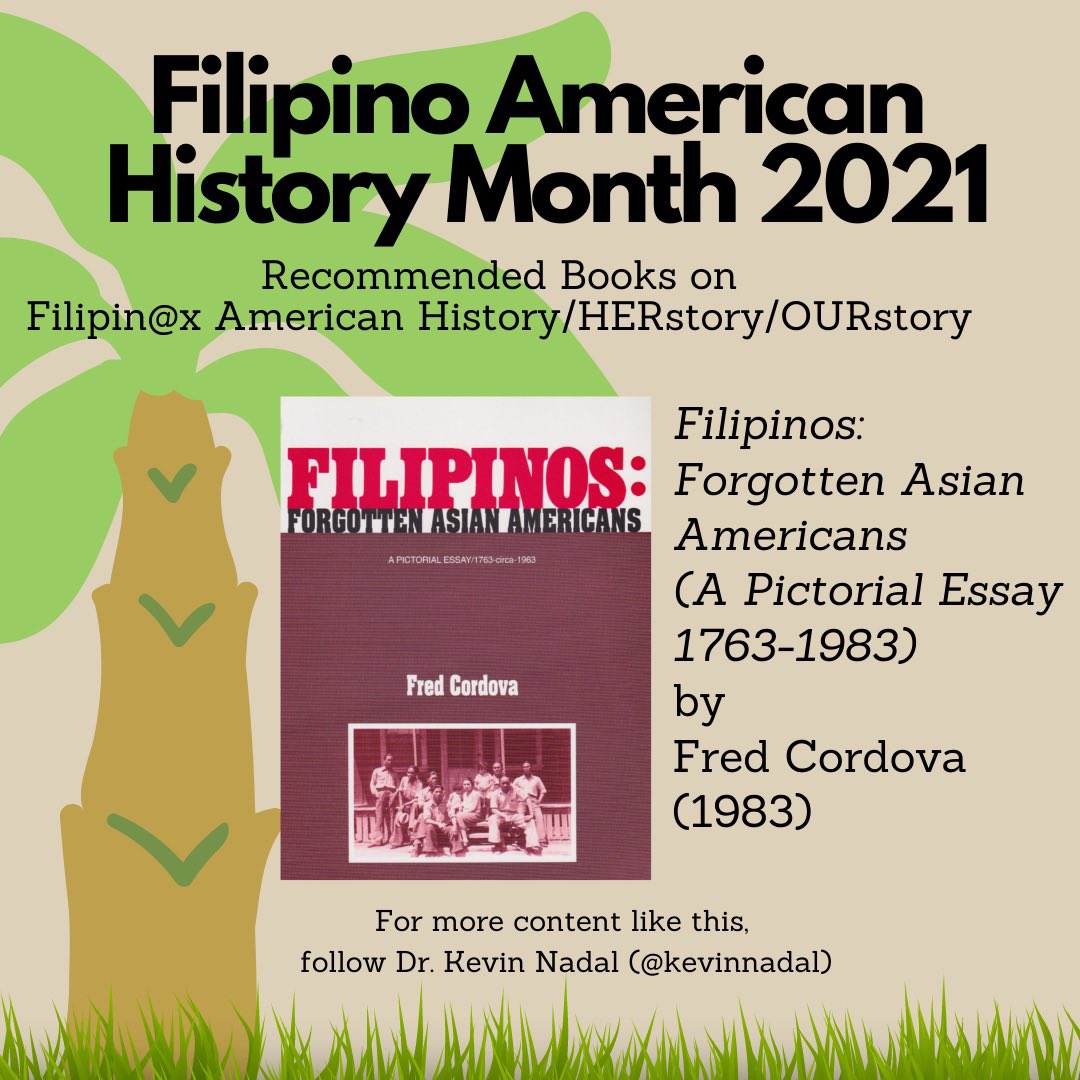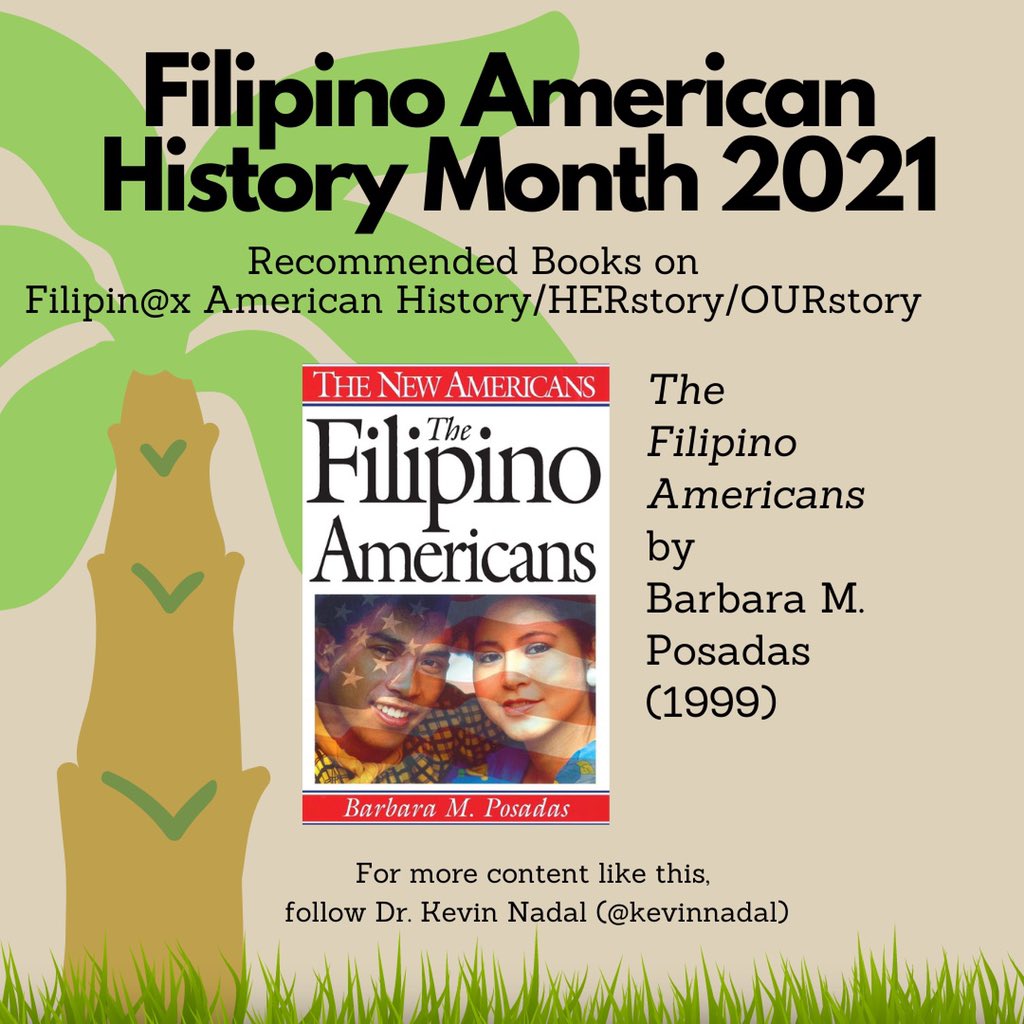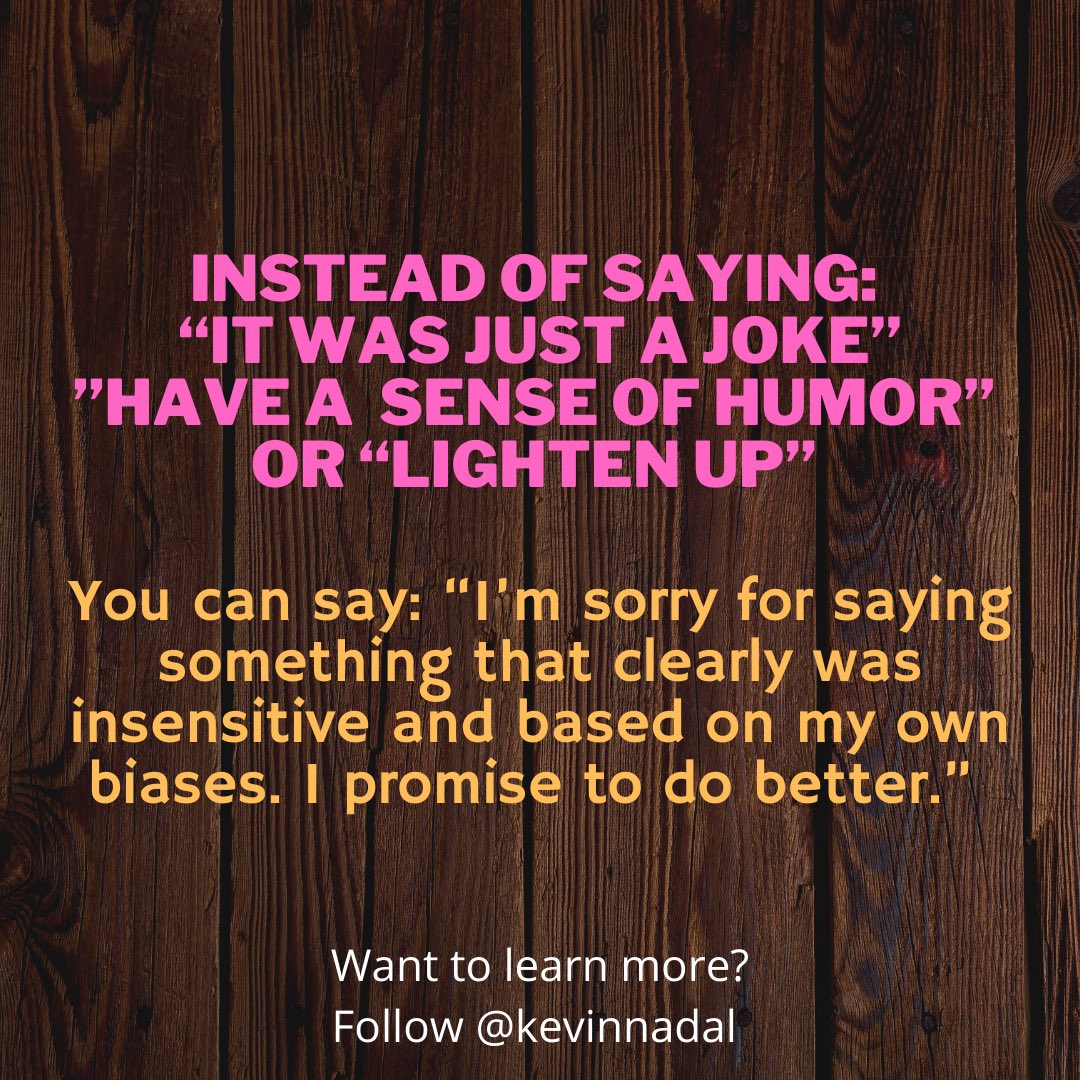
Filipino family dynamics in a nutshell:
1) If there’s a huge conflict/elephant in the room, never address it directly ever. Instead, just tsismis about it with every single person (except for the parties involved obviously) and hope it goes away.
1) If there’s a huge conflict/elephant in the room, never address it directly ever. Instead, just tsismis about it with every single person (except for the parties involved obviously) and hope it goes away.
Filipino family dynamics in a nutshell:
2) If someone does open up about some hurt or trauma, just stare at them in silence or avoid saying much, because you don’t want to get involved or take sides. Even if there is clearly harm that has been done, it’s best to stay out of it.
2) If someone does open up about some hurt or trauma, just stare at them in silence or avoid saying much, because you don’t want to get involved or take sides. Even if there is clearly harm that has been done, it’s best to stay out of it.
Filipino family dynamics in a nutshell:
3) If some family conflict makes you uncomfortable, just drink and eat and sing karaoke until that discomfort goes away - or at least until you are distracted (or drunk) enough to pretend that it doesn’t exist.
3) If some family conflict makes you uncomfortable, just drink and eat and sing karaoke until that discomfort goes away - or at least until you are distracted (or drunk) enough to pretend that it doesn’t exist.
Filipino family dynamics in a nutshell:
4) If someone does address a conflict, just ostracize or label them as being too sensitive or too Americanized or too outspoken. Definitely do not check up on that person to see how they’re doing (because you don’t want to take sides!).
4) If someone does address a conflict, just ostracize or label them as being too sensitive or too Americanized or too outspoken. Definitely do not check up on that person to see how they’re doing (because you don’t want to take sides!).
Filipino family dynamics in a nutshell:
5) Reiterate the belief that family always comes first - even when someone did something wrong/ harmful, or when someone is clearly hurt or suffering. People don’t need to be held accountable for their actions when they’re family, right?
5) Reiterate the belief that family always comes first - even when someone did something wrong/ harmful, or when someone is clearly hurt or suffering. People don’t need to be held accountable for their actions when they’re family, right?
Filipino family dynamics in a nutshell:
6) Always pretend everything is fine. There’s no need to talk about mental health or insecurities or emotional vulnerabilities. Just focus on your successes, your material possessions, and your kids’ accomplishments. And remember to pray!
6) Always pretend everything is fine. There’s no need to talk about mental health or insecurities or emotional vulnerabilities. Just focus on your successes, your material possessions, and your kids’ accomplishments. And remember to pray!
One of the reasons why I started studying (and writing) #FilipinoAmericanPsychology was because I saw many of these patterns from my own family in so many other Filipino American families. When these conflicts are unaddressed, it takes a mental toll on us.
papalodown.com/lodown/filipin…
papalodown.com/lodown/filipin…
If you’re Filipino American and can relate to any of these family dynamics, I hope you know you’re not alone. If you encounter mental health issues, I hope you can push through and past the stigma that often prevents us from seeking help. @agnesconstante
latimes.com/lifestyle/stor…
latimes.com/lifestyle/stor…
If you’re a Filipino American who has difficulty communicating with your family, I also hope you know you’re not alone. If you don’t get the validation you need, I hope you can find it from other places. @MalakaGharib npr.org/sections/healt…
If you’re someone who relates to these family dynamics, I hope you realize it doesn’t have to be this way and that you find the chosen family who makes you feel loved, value you, communicate with you, uplift you, empower you, and remind you of your worth. You deserve that! ❤️✊🏽
• • •
Missing some Tweet in this thread? You can try to
force a refresh































